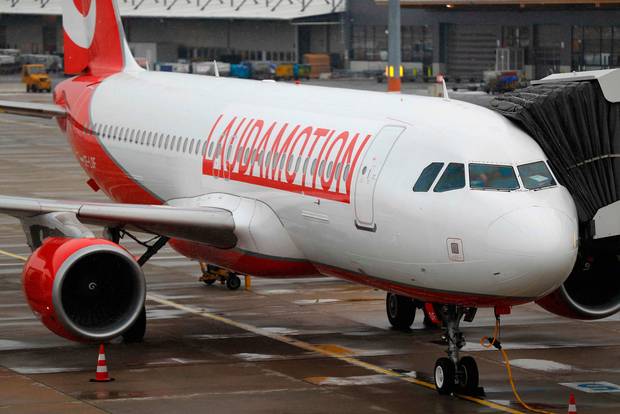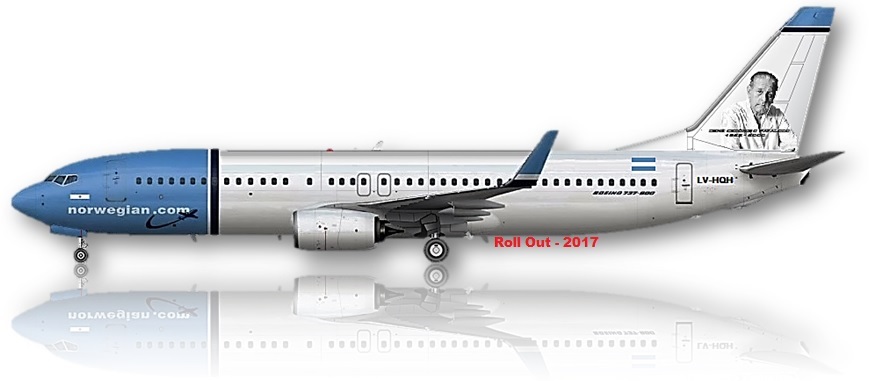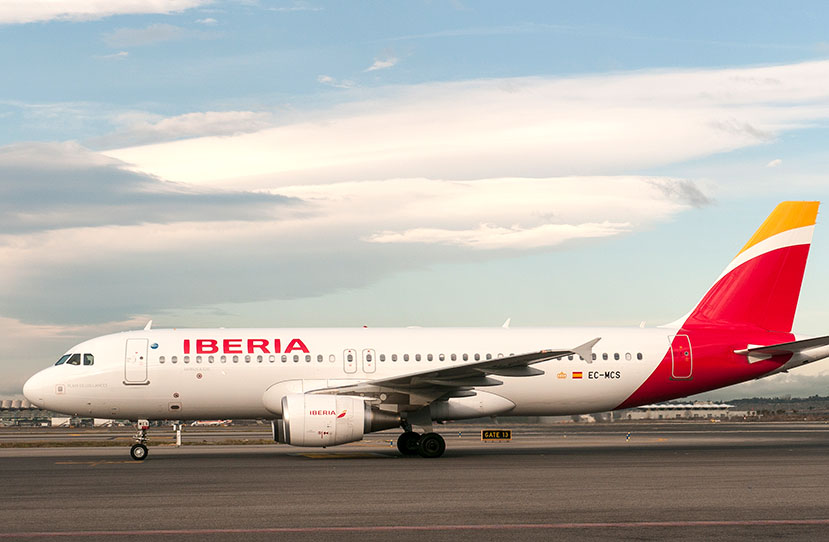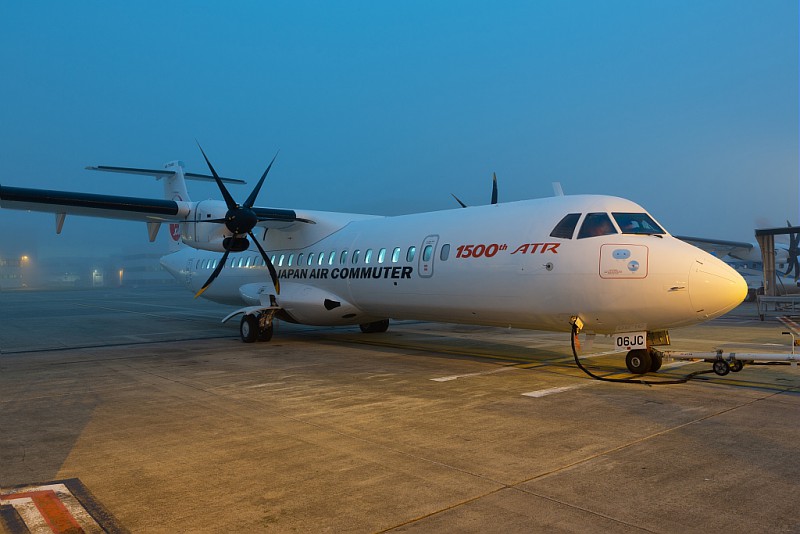Musk Not Worried About Tesla Model 3 Demand
(Reuters) - Shares in Tesla Inc fell nearly 4 percent on Thursday as Wall Street analysts following up on its fourth-quarter results questioned underlying demand for its crucial Model 3 sedan and the electric car…




